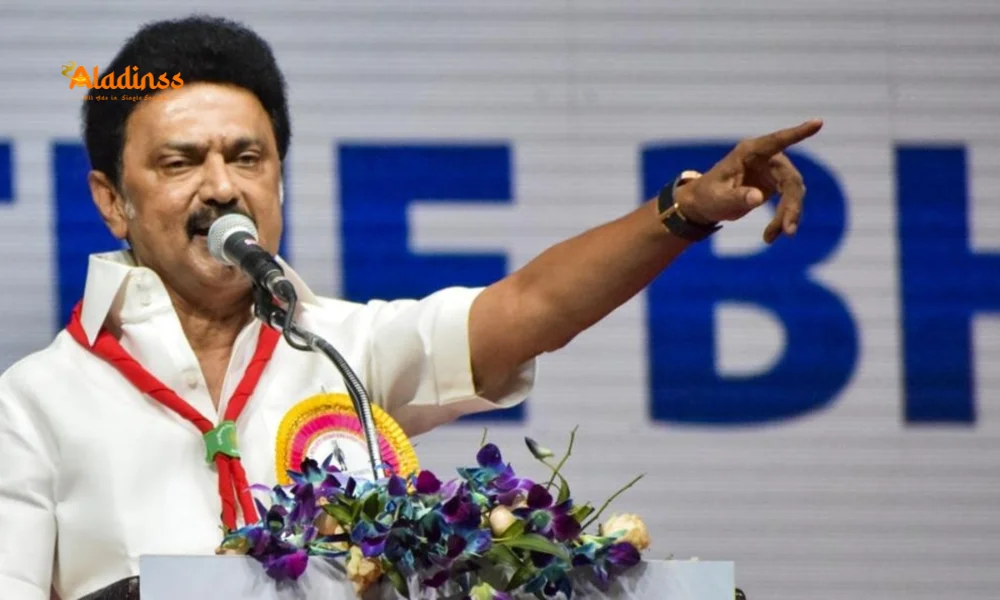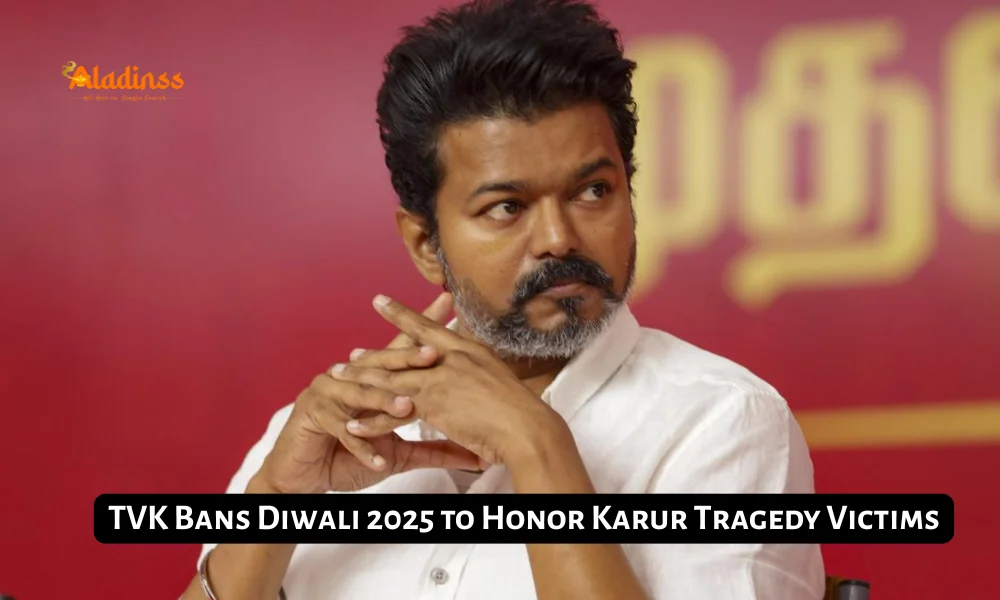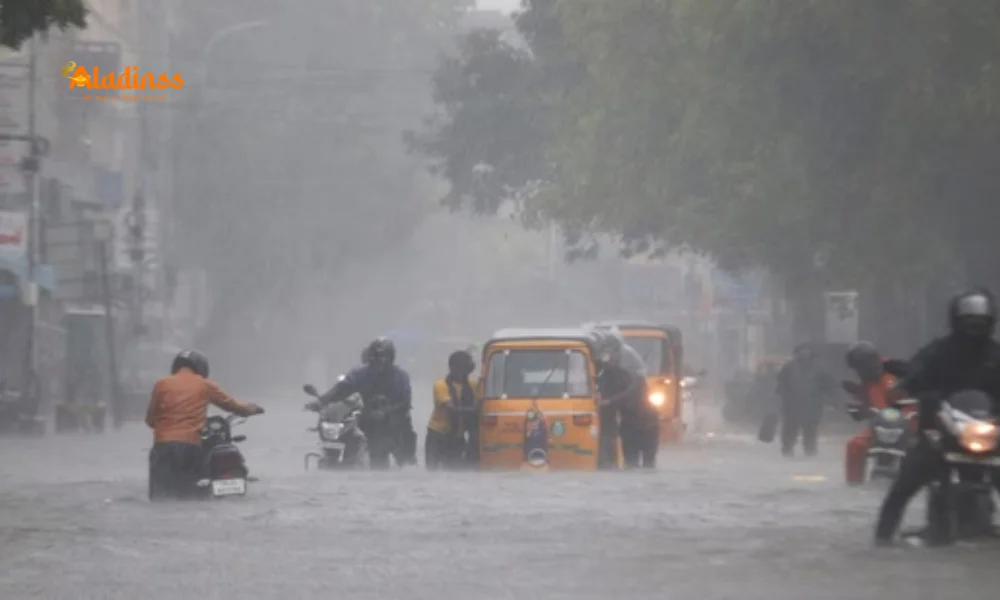Trump-Modi Relationship Strained, Warns John Bolton
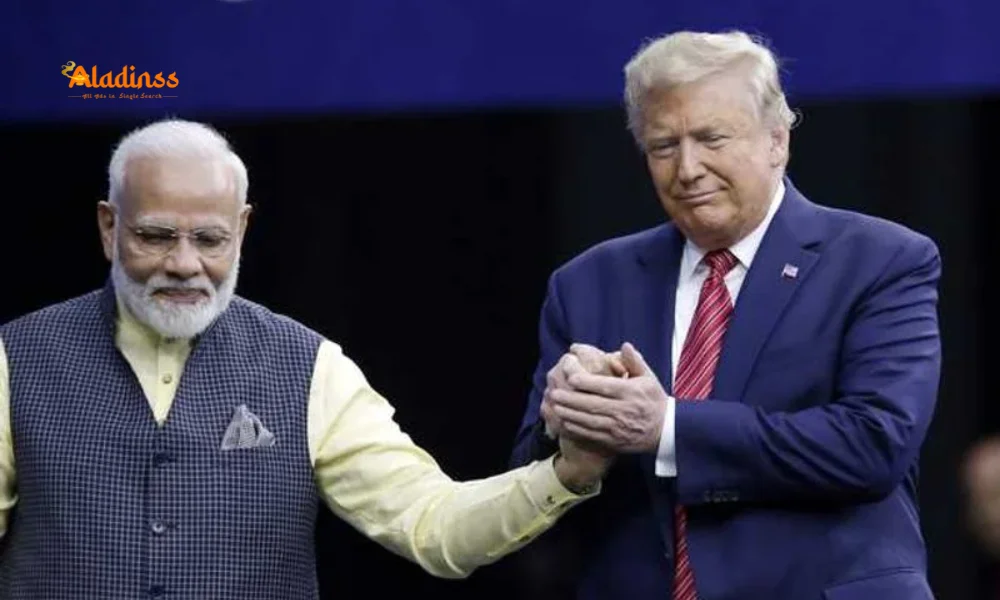
Trump-Modi Relationship Strained: John Bolton Warns World Leaders
The once-close personal rapport between U.S. President Donald Trump and Indian Prime Minister Narendra Modi has deteriorated significantly, according to former U.S. National Security Adviser John Bolton. In a candid interview with British media outlet LBC, Bolton cautioned world leaders that personal ties with Trump offer no protection from his unpredictable policies. This development comes amid strained India-U.S. relations, exacerbated by Trump’s imposition of 50% tariffs on Indian imports and ongoing disputes over India’s energy and defense ties with Russia. The fallout marks a critical shift in a relationship once hailed as a cornerstone of 21st-century diplomacy, with implications for global geopolitics.
Bolton’s Stark Warning on Trump’s Diplomacy
John Bolton, who served as Trump’s National Security Adviser during his first term, has emerged as a vocal critic of the president’s foreign policy approach. In his LBC interview, Bolton highlighted Trump’s tendency to view international relations through the lens of personal relationships with world leaders. “If he has a good relationship with Vladimir Putin, the U.S. has a good relationship with Russia. That’s obviously not the case,” Bolton remarked, underscoring the limitations of Trump’s diplomacy. He pointed to the strained Trump-Modi relationship as a case study, warning leaders like UK Prime Minister Keir Starmer that personal rapport with Trump offers little shield against his volatile decisions.
Bolton’s comments come at a time when India-U.S. relations are experiencing significant turbulence. The imposition of 50% tariffs on Indian imports, announced as a punitive measure for India’s continued purchase of Russian oil, has been a major point of contention. Additionally, White House adviser Peter Navarro’s criticisms of India’s energy and defense ties with Moscow have further strained bilateral ties. Bolton noted that these actions have pushed India closer to Russia and China, undoing decades of U.S. efforts to align New Delhi with Western interests and counterbalance Beijing’s influence in the Indo-Pacific.
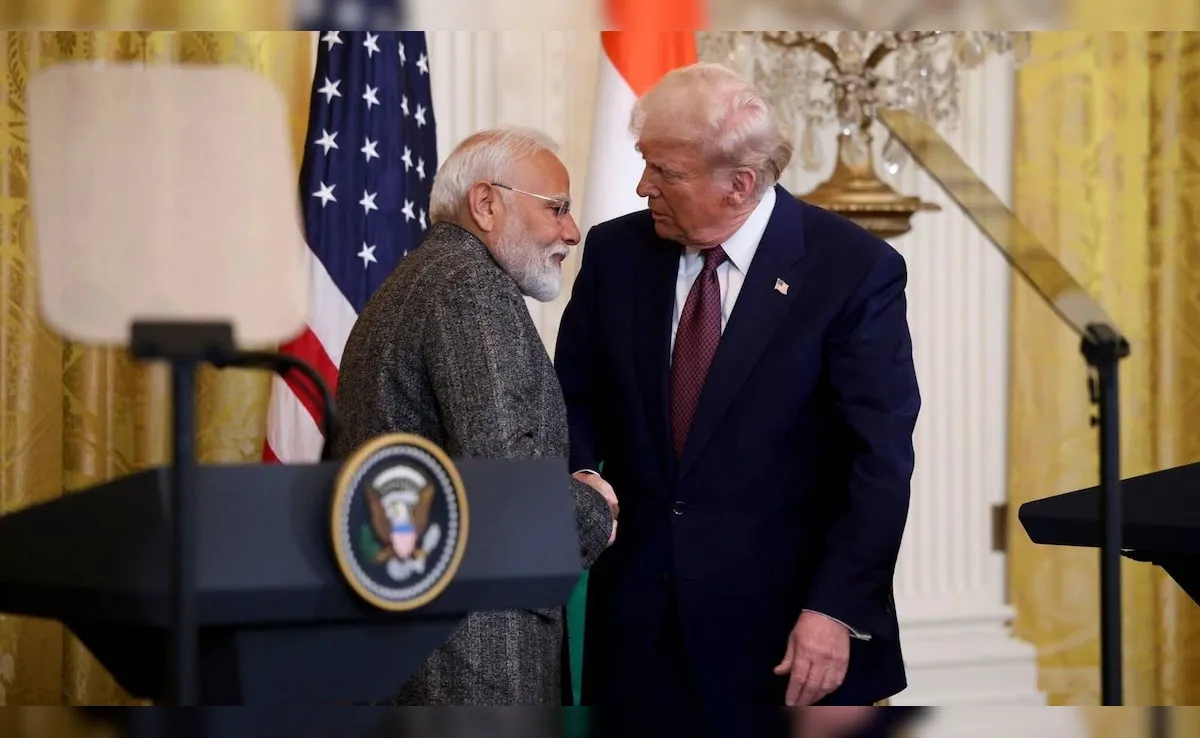
The Unraveling of a Once-Strong Bond
The relationship between Trump and Modi was once celebrated for its warmth and mutual admiration. During Trump’s first term, the leaders shared high-profile moments, including the “Howdy Modi” event in Houston in 2019 and the “Namaste Trump” rally in India in 2020, which drew massive crowds. These public displays of camaraderie underscored a deepening strategic partnership between the U.S. and India, aimed at countering China’s growing influence and fostering economic cooperation. However, recent events have eroded this bond, with trade disputes and diplomatic missteps taking center stage.
A key flashpoint was Trump’s repeated claims that he mediated a ceasefire between India and Pakistan during a brief military escalation in May 2025. India, which views the Kashmir issue as a bilateral matter and staunchly opposes third-party mediation, refuted these claims. Prime Minister Modi, without directly naming Trump, clarified in Parliament that “no world leader had asked India to stop Operation Sindoor,” the military response to a terror attack in Kashmir. This public rebuttal, coupled with India’s refusal to endorse Trump’s bid for a Nobel Peace Prize, reportedly infuriated the U.S. president, further straining ties.
Tariffs and Trade Tensions
The imposition of 50% tariffs on Indian imports, split into an initial 25% levy and an additional 25% as a “penalty” for India’s Russian oil purchases, has been a major blow to bilateral trade relations. These tariffs, announced in response to India’s refusal to halt its energy imports from Russia, have been described by Indian officials as “unjustified and unreasonable.” The move is seen as part of Trump’s broader strategy to pressure countries aligned with Russia amid the ongoing Ukraine conflict. However, critics argue that the tariffs are less about strategic coherence and more about punishing India for maintaining its strategic autonomy.
India’s decision to continue importing Russian oil stems from economic necessity, as traditional oil supplies were diverted to Europe following the Ukraine conflict. The tariffs have placed significant strain on India’s export sector, particularly affecting industries like diamonds and prawns, which rely heavily on the U.S. market. Indian Commerce Minister Piyush Goyal has emphasized the need for a “fair, balanced, and mutually beneficial bilateral trade agreement,” but negotiations have stalled, with reports indicating that Modi has declined multiple calls from Trump in recent weeks.
Geopolitical Implications: India’s Pivot to China and Russia
The deterioration of India-U.S. relations has prompted New Delhi to explore closer ties with Beijing and Moscow. Bolton warned that Trump’s policies have “set U.S.-India relations back decades,” pushing India toward Russia and China. This shift was evident in Modi’s visit to China on August 31, 2025, for the Shanghai Cooperation Organisation (SCO) summit, his first trip to the country in seven years. During the visit, Modi met with Chinese President Xi Jinping, signaling a potential thaw in India-China relations, which have been strained by border disputes and geopolitical rivalry.
Bolton argued that Trump’s actions have undermined years of bipartisan U.S. efforts to wean India away from its Cold War-era alignment with Moscow and position it as a counterweight to China. The tariffs and Trump’s perceived tilt toward Pakistan, including hosting Pakistani Army Chief General Asim Munir at the White House, have deepened India’s sense of grievance. This has led to concerns that India may recalibrate its role in the Quad, a strategic partnership with the U.S., Japan, and Australia aimed at countering China’s influence in the Indo-Pacific.
Bolton’s Critique and Domestic Challenges
Bolton’s remarks carry additional weight given his recent personal challenges, including an FBI raid on his Maryland residence and Washington office over allegations of mishandling classified material. Despite these controversies, his critique of Trump’s foreign policy resonates with analysts who see the current U.S.-India tensions as a setback for both nations. For India, the tariffs threaten economic growth, particularly in export-driven sectors, while also challenging Modi’s carefully crafted image as a strong leader who can navigate complex international relationships.
Domestically, Modi faces pressure to respond firmly to Trump’s actions without compromising India’s strategic interests. The Indian government has so far avoided retaliatory tariffs, leaving the door open for negotiations. However, the public nature of the dispute, amplified by Trump’s social media outbursts and claims of averting a nuclear conflict between India and Pakistan, has complicated diplomacy. Indian officials are wary of Trump’s tendency to misrepresent conversations, as evidenced by his unverified claims about the India-Pakistan ceasefire.
The Road Ahead for India-U.S. Relations
The current strain in India-U.S. relations represents a critical juncture for both nations. For India, maintaining strategic autonomy while navigating pressures from the U.S., China, and Russia is a delicate balancing act. Modi’s government has emphasized its commitment to safeguarding national interests, but the economic impact of the tariffs and the diplomatic fallout with Washington pose significant challenges. Analysts suggest that India may continue to pursue closer ties with China and Russia to offset the impact of U.S. policies, while still seeking a resolution to the trade dispute.
For the U.S., the erosion of its relationship with India risks undermining its strategic goals in the Indo-Pacific, particularly in countering China’s influence. Bolton’s warning underscores the need for a more nuanced approach to diplomacy, one that recognizes India’s unique geopolitical position and economic priorities. As Trump prepares for his upcoming visit to the UK from September 17 to 19, 2025, the lessons from the Trump-Modi fallout may resonate with other world leaders navigating their relationships with the U.S. president.
Comment / Reply From
No comments yet. Be the first to comment!
